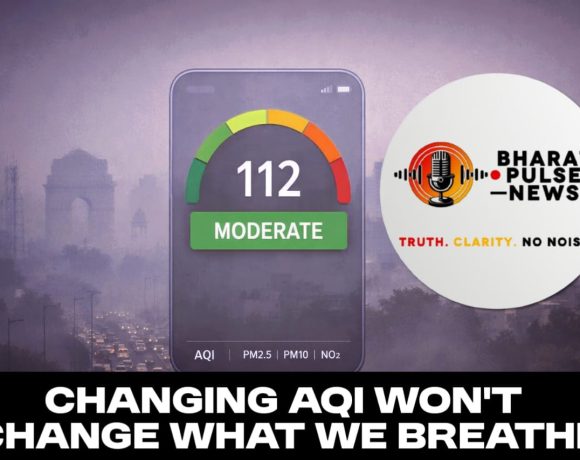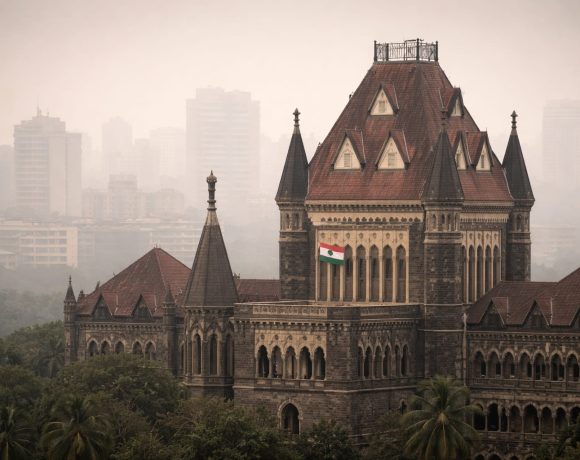
From Protocol to Pretense: Why MP Police, MPCA and BCCI Stand Guilty in Indore Harassment Shame
Two Australian women cricketers being harassed in Indore has gone beyond an unfortunate crime. It has revealed deep cracks in the way India manages security for international sporting events. This is not about one man’s despicable act. It is about systemic negligence by the Madhya Pradesh Police, the Madhya Pradesh Cricket Association (MPCA), and the Board of Control for Cricket in India (BCCI). Each failed in their primary responsibility, and the embarrassment now sits squarely on India’s shoulders as host of the Women’s World Cup.
The first failure is that of the Madhya Pradesh Police. Reports confirm that the accused was a history-sheeter, a repeat offender with previous criminal cases. The obvious question is: how was such a man roaming free on a motorcycle, allowed to stalk and harass women right outside a five-star hotel where an international team was staying? This reflects directly on the local police station in-charge, who should be held accountable for allowing such an element to remain unchecked in the vicinity. Law and order is not just about acting after an SOS is raised. Preventive policing means tracking history-sheeters, neutralising their freedom of movement, and ensuring no repeat offender has the space to commit fresh crimes. Here, the police failed. Their quick arrest may look like efficiency, but it was only after the damage was done.
The second failure is with MPCA. Their defence — that they will “check if the players requested cover” — is weak and shameful. Security for women cricketers during an ICC event should never be optional. Whether players asked for it or not, a trailing security detail should have shadowed them for every movement outside the hotel. This is not paranoia; it is standard practice in other cricketing nations. The fact that MPCA’s Security Coordinator did not enforce such a protocol shows complacency of the highest order. At a time when India should be showcasing itself as a safe and reliable sporting host, MPCA exposed the very athletes it was supposed to protect.
BCCI too cannot wash its hands. Its statement condemning the act and talking of “zero tolerance” is meaningless if it doesn’t enforce uniform, non-negotiable rules. Lucky stars alone saved Indian cricket from facing an international scandal. Had the incident escalated — beyond harassment to actual physical harm — the Women’s World Cup would be remembered not for cricket but for a tragedy on Indian soil. That this risk was even possible under BCCI’s watch is the strongest indictment of its hollow promises.
And then comes the judiciary. A history-sheeter with multiple cases against him should not have been at liberty to roam Indore’s streets. If not for this being a high-profile incident involving foreign athletes, chances are the accused would have gone unnoticed, free to harass ordinary women without consequence. That speaks of a justice system that moves only when global spotlight is forced upon it. The judiciary owes the public an explanation as to why habitual offenders are out on the streets instead of behind bars. If it takes the harassment of international cricketers to secure one arrest, what protection do ordinary Indian women have?
Indore prides itself on being India’s cleanest city and markets itself as one of the safest. That illusion has now shattered. A safe city is not defined by its slogans but by whether women can walk to a café without being molested. In this case, Indore failed. More importantly, India failed as host.
Accountability cannot end with the arrest of one man. Action must be taken against the local police station in-charge who allowed a known criminal to wander unchecked. Action must be taken against the MPCA Security Coordinator who failed to deploy escort security irrespective of whether players asked. BCCI must overhaul its event security manual to make sure every women’s team in every tournament is shadowed, not just protected at stadium gates. And the judiciary must answer why history-sheeters enjoy freedom until a high-profile case forces their arrest.
If India is serious about being a global sporting hub, then this incident must be the last of its kind. Otherwise, “zero tolerance” will remain a press release, not a policy.


















